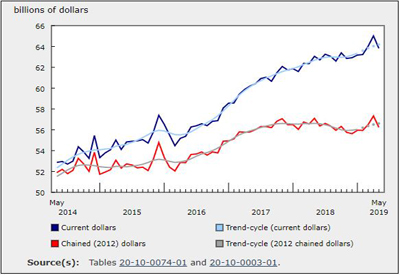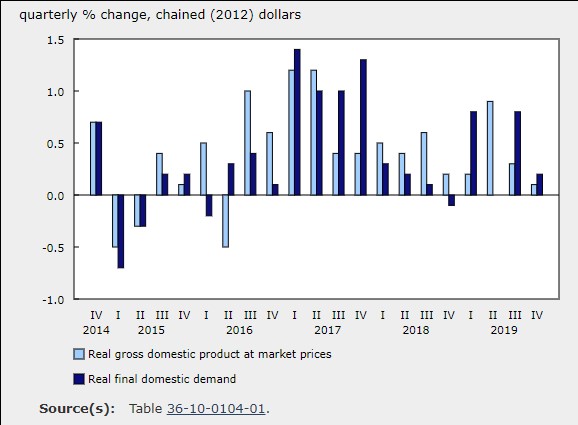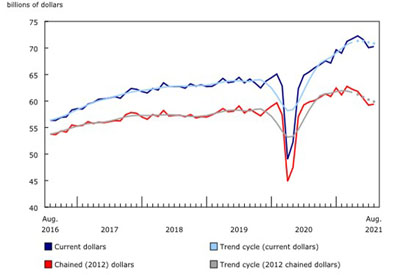We Are Canadian: Part 2

Apr 1, 2019
By Jim Taggart
It has been almost three years since I wrote my first article on the hollowing-out of the Canadian electrical market. I would strongly encourage you to read it again. It highlighted my concern that dedicated Canadian executives, marketing and technical resources were being pulled out of our market. Canada was being treated like a mere extension (a district/region) of a U.S. sales organization. This was due largely to their perceived belief that our standards, codes, regulation, language and business practices are the same. Our American friends often forget — Canada is a separate country.
So, three years later has it gotten any better? No, the closures and consolidation of head offices, plants and warehouses have continued. I am not going to mention the names of the Canadian manufacturers/ suppliers that have been stripped to the bone — we all know of those companies whose Canadian market presence/share has dwindled. In addition to the closures, many foreign parents have tightened controls on their subsidiaries. In short, many of the Canadian operations now have diminished autonomy.
Am I an alarmist? No, I would say I’m a realist. Someone who has lived and worked on both sides of the border for over 30 years. Business flows in cycles; resources can be hacked away only to be added a few years later. Top management and strategies change; companies get tired of losing share and getting their asses kicked in the Canadian market.
Despite this Canadian hollowing-out, I have seen examples of Canadian electrical manufacturers and subsidiaries excelling and growing. Several Canadian electrical manufacturers have recently expanded their local footprint.
In my opinion, the companies that are building and adding resources in Canada are doing so because they are outperforming their U.S. counterparts. They are simply performing better than their American operations. Because the Canadian business is more productive, the foreign parent leaves them alone and gives the local management team autonomy.
I have noticed that these Canadian winners possess the following attributes. They
• stay “lean” and controls their expenses
• have a strong team and look after their employees
• intimately know their customers
• have built up their brand
• have great market knowledge (experts in codes, standards, certification, and regulation)
• know their competition
In short, they have local knowledge and information, and thus power.
I have always been a big supporter of industry associations, particularly Electro-Federation Canada (EFC). I have also utilized/worked with Kerrwil and Pathfinder. Both groups can produce the needed market/customer information through industry statistics and research. EFC also gives its members great networking opportunities. In short, involvement in EFC and Kerrwil can give you an edge over the competition and even your foreign counterparts.
So, please get involved in EFC and utilize all the available industry information and research. If you can’t be better than your foreign parents, they will manage/control you, and the outcomes are often not pleasant. Believe me, I know.
Jim Taggart is President of IMARK Canada; http://www.imarkcanada.com











